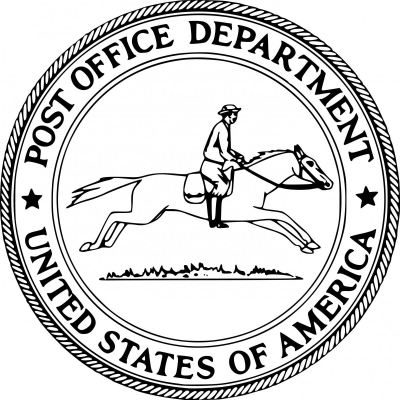The Second Continental Congress was a meeting of delegates from the Thirteen Colonies in America that united in the American Revolutionary War. It convened on May 10, 1775, with representatives from 12 of the colonies in Philadelphia, Pennsylvania, shortly after the Battles of Lexington and Concord, succeeding the First Continental Congress which met in Philadelphia from September 5 to October 26, 1774. The Second Congress functioned as a de facto national government at the outset of the Revolutionary War by raising armies, directing strategy, appointing diplomats, and writing petitions such as the Declaration of the Causes and Necessity of Taking Up Arms and the Olive Branch Petition. All thirteen colonies were represented by the time the Congress adopted the Lee Resolution which declared independence from Britain on July 2, 1776, and the congress agreed to the Declaration of Independence two days later.
Afterward, Congress functioned as the provisional government of the United States of America through March 1, 1781. During this period, its achievements included: Successfully managing the war effort; drafting the Articles of Confederation and Perpetual Union, the first U.S. constitution; securing diplomatic recognition and support from foreign nations; and resolving state land claims west of the Appalachian Mountains.
Many of the delegates who attended the Second Congress had also attended the First. They again elected Peyton Randolph as President of the Congress and Charles Thomson as secretary. Notable new arrivals included Benjamin Franklin of Pennsylvania and John Hancock of Massachusetts. Within two weeks, Randolph was summoned back to Virginia to preside over the House of Burgesses; Hancock succeeded him as president, and Thomas Jefferson replaced him in the Virginia delegation. The number of participating colonies also grew, as Georgia endorsed the Congress in July 1775 and adopted the continental ban on trade with Britain.
The United States Post Office Department (USPOD; also known as the Post Office or U.S. Mail) was the predecessor of the United States Postal Service, in the form of a Cabinet department, officially from 1872 to 1971. It was headed by the postmaster general.
The Postal Service Act, signed by U.S. president George Washington on February 20, 1792, established the department. Postmaster General John McLean, in office from 1823 to 1829, was the first to call it the Post Office Department rather than just the "Post Office." The organization received a boost in prestige when President Andrew Jackson invited his postmaster general, William T. Barry, to sit as a member of the Cabinet in 1829. The Post Office Act of 1872 (17 Stat. 283) elevated the Post Office Department to Cabinet status.During the American Civil War (1861–1865), postal services in the Confederate States of America were provided by the Confederate States of America Post-office Department, headed by Postmaster General John Henninger Reagan.
The Postal Reorganization Act was signed by President Richard Nixon on August 12, 1970. It replaced the cabinet-level Post Office Department with the independent United States Postal Service on July 1, 1971. The regulatory role of the postal services was then transferred to the Postal Regulatory Commission.

1775Jul, 26
The office that would later become the United States Post Office Department is established by the Second Continental Congress. Benjamin Franklin of Pennsylvania takes office as Postmaster General.
Choose Another Date
Events on 1775
- 8Mar
Abolitionism in the United States
An anonymous writer, thought by some to be Thomas Paine, publishes "African Slavery in America", the first article in the American colonies calling for the emancipation of slaves and the abolition of slavery. - 18Apr
Battles of Lexington and Concord
American Revolution: The British advancement by sea begins; Paul Revere and other riders warn the countryside of the troop movements. - 19Apr
Battles of Lexington and Concord
American Revolutionary War: The war begins with an American victory in Concord during the battles of Lexington and Concord. - 17Jun
Battle of Bunker Hill
American Revolutionary War: Colonists inflict heavy casualties on British forces while losing the Battle of Bunker Hill. - 3Jul
George Washington
American Revolutionary War: George Washington takes command of the Continental Army at Cambridge, Massachusetts.

 English
English  español
español  français
français  português
português  русский
русский  العربية
العربية  简体中文
简体中文 